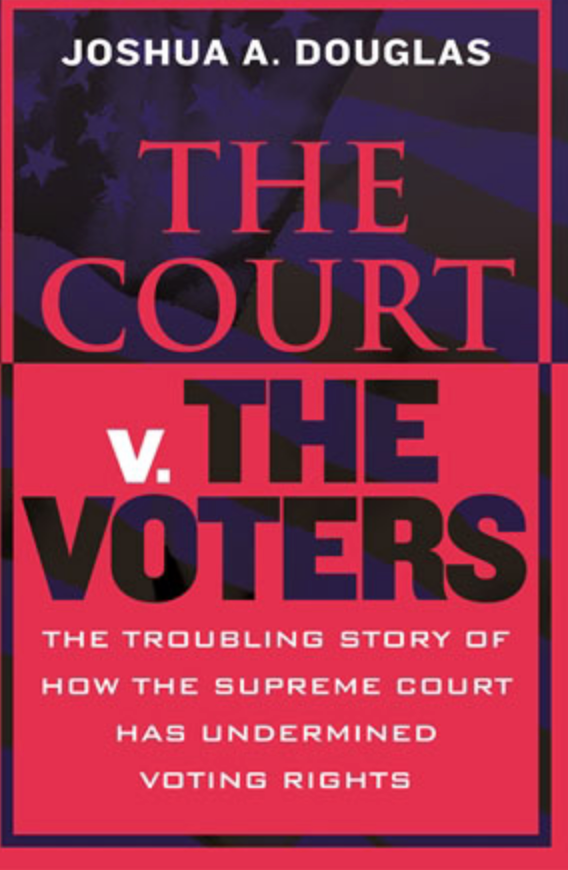This obscure but fascinating story from the Seattle Times reveals the vulnerability of top-two non-partisan primaries to partisan manipulation. Democratic Governor Jay Inslee is stepping down, leaving Washington’s governorship an open race for the first time since 2012. A leading contender for the seat is Bob Ferguson, the state attorney general. Presumably concerned about his prospects, “conservative activist Glen Morgan recruited two people who share a name with the Democratic front-runner for governor to also seek the state’s highest office. ” These two Bob Fergusons officially filed to run last Friday, leaving Washington’s election officials scrambling about how to address the potential voter confusion. Obviously, in a party-centered primary, the party label would be the solution. The law leaves the Secretary of State the option of otherwise differentiating between candidates, such as by occupation or incumbency status. Apart from the question of how effective that will be, I wonder if that would raise bases for challenging the primary election results.
Out Today: “The Court v. The Voters”
Joshua A, Douglas‘ new book, “The Court v. The Voters: The Troubling Story of How the Supreme Court Has Undermined Voting Rights” offers an accessible look at the erosion of voting rights and its implications for democracy. Focusing on nine major Supreme Court cases, Douglas demonstrates the erosion of meaningful protections for the right to vote before turning to offer some legislative proposals for reversing this course. There is a nice review in Salon. Very much looking forward to reading it.

New Podcast: Alex Keyssar on why we still have the Electoral College
In a new episode of Democracy Paradox sponsored by the Ash Center, Justin Kempf sat down with Alex Keyssar to discuss his book Why We Still Have the Electoral College?— and what the future holds for this archaic institution. Keyssar explores the history behind efforts to reform the Electoral College, how the different sides of the debate changed over time, and why reformers have repeatedly failed in their efforts.
“Georgia Supreme Court declines to rule on whether counties can draw their own electoral maps”
AP News: The Georgia Supreme Court refused to issue a ruling, leaving the legality of Cobb County Commissioners’ electoral districts uncertain. The County is Georgia’s third-largest. While the Court agreed “that someone needs to issue a legally final ruling on whether county commissioners can override state legislators and draw their own electoral districts,” and one Justice urged the commissioners themselves to file for a declaration, a unanimous Court held that the “it would be improper to rule on the legal issue” where the plaintiffs lacked standing.
“Trump is gagged. So his surrogates say the forbidden stuff for him.”
From the Washington Post:
“Three GOP senators have appeared with Trump in court and conveniently proceeded to say precisely what he can’t.”
J.D. Vance’s tweets today attacked the credibility of Michael Cohen and the impartiality of New York Supreme Court Justice Juan Merchan. Tuberville, among others, did the same.
Biden Invests in Organizing Rural Voters
Access to the vote is essential, but so is getting people to the polls. Axios reports that the Biden campaign gets this: It is already “investing in dozens of field offices in some of the nation’s reddest counties, pressing its early money advantage to establish political beachheads in hostile territory.” The goal is not to win these counties. It is to find or cultivate what support might exist and turn that support into votes on Election Day.